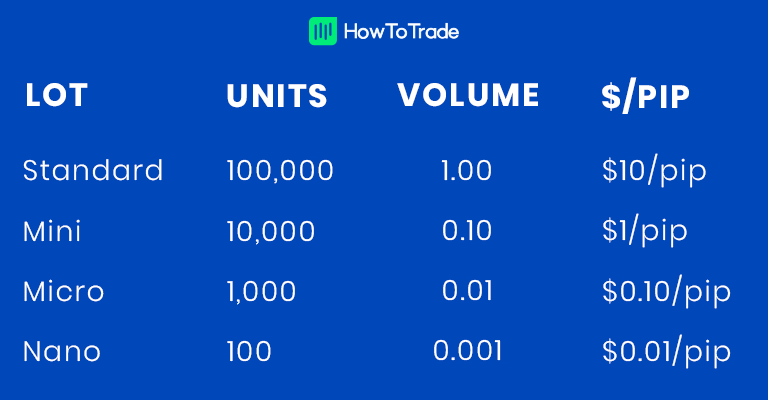Lot size
Lot size
The Lot Size represents the standardized number of a financial instrument as set out by the exchange. When trading stocks, the lot size refers to the number of shares you buy in one transaction.
When trading Options/Futures, the Lot Size (contract size) refers to the total number of contracts contained in one derivative security. The Lot Size is determined by the stock exchange.
How a Lot size works
When investors and traders purchase and sell financial instruments in the capital markets, they do so with lots. A lot is a fixed quantity of units and depends on the financial security traded.
For stocks, the typical lot size was round lots of 100 shares for many years, until the advent of online trading. A round lot can also refer to several shares that can evenly be divided by 100, such as 300, 1,200, and 15,500 shares.1
However, now odd lots, which is an order for less than 100 shares, and mixed lots—many shares above 100 but not divisible by 100—are more common. Similar to stocks, the round lot for exchange-traded securities, such as an exchange-traded fund (ETF), is 100 shares.
Types of Lots
Bonds
The bond market is dominated by institutional investors who buy debt from bond issuers in large sums. A round lot for U.S. government and corporate bonds in some circles is considered $1 million. However, it can also be $100,000, such as the case with municipal bonds.
That doesn’t mean a trader or investor needs to buy bonds in that quantity. Bonds typically have a face value of $1,000 to $10,000 (some are even lower). An investor can buy as many bonds as they like, yet it still may be an odd lot.
Options
In terms of options, a lot represents the number of contracts contained in one derivative security. One equity option contract represents 100 underlying shares of a company’s stock. In other words, the lot for one options contract is 100 shares.
For example, an options trader purchased one Bank of America (BAC) call option last month. The option has a strike price of $24.50 and expires this month. If the options-holder exercises their call option today when the underlying stock, BAC, is trading at $26.15, they can purchase 100 shares of BAC at the strike price of $24.50. One option contract gives them the right to purchase the lot of 100 shares at the agreed strike price.
